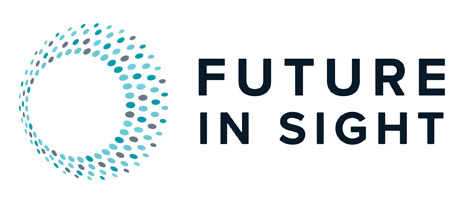
From grief to positivity – Cherie Senz of Derry, NH has lived with vision problems since she was a baby. She was diagnosed with retinopathy of prematurity after being placed in an incubator due to her premature birth.
When Cherie was in her 20s, she had eye surgery for a detached retina, but a complication left her with secondary glaucoma. Her condition was relatively stable until 2008 when she developed neovascular glaucoma, a much more severe type of glaucoma. She was left with no peripheral vision or depth perception. The degree of vision in the one eye she could see with had shrunk severely, so much so that when she watches TV, she can only look at a person’s eyes or their lips to gain facial expression information, but she cannot see the total picture.
“At first, I went through all of the emotions: grief, anger, depression,” she recalls. “I couldn’t even say the words ‘blind’ or ‘cane’ at the beginning, and I realized how I had taken even the smallest of things for granted.”
Over time, Cherie says she accepted her diagnosis and began educating herself on it. After New Hampshire Vocational Rehabilitation referred her to Future In Sight in 2008, she began to adapt to her new life with severe vision loss.
In the beginning, Senz worked closely with a vision rehabilitation therapist to help her navigate the challenges of living with impaired vision. Before sight loss, it’s hard to imagine all of the small changes you need to make to your daily life. It quickly becomes known that little things, like being able to identify money, are often taken for granted. Cherie’s vision rehabilitation therapist helped her overcome these obstacles by working with her closely and giving her the tools to live on her own. As her sight loss progressed, Senz was also connected to a social worker to help confront the challenges, along with a mobility instructor who taught her how to use a cane and walk without fear.
Senz also began attending a peer support group and quickly realized she wasn’t alone in her struggles and setbacks. In 2009, she was asked if she would like to facilitate a peer support group at the organization and has since found the role very therapeutic. “The members are very committed to it and are nonjudgmental,” she says. “We help each other when going through hard times.”
Although her life has changed drastically since her diagnosis, Senz hasn’t let vision loss stop her from pursuing her dreams. In fact, she has traveled the world, visiting Dubai and Kenya with her friends.
“Since my diagnosis, a new sense of confidence, positivity, and independence has shown through. I felt helpless when my vision loss started, but now I’m a valued member of the community at Future In Sight,” Senz says.

